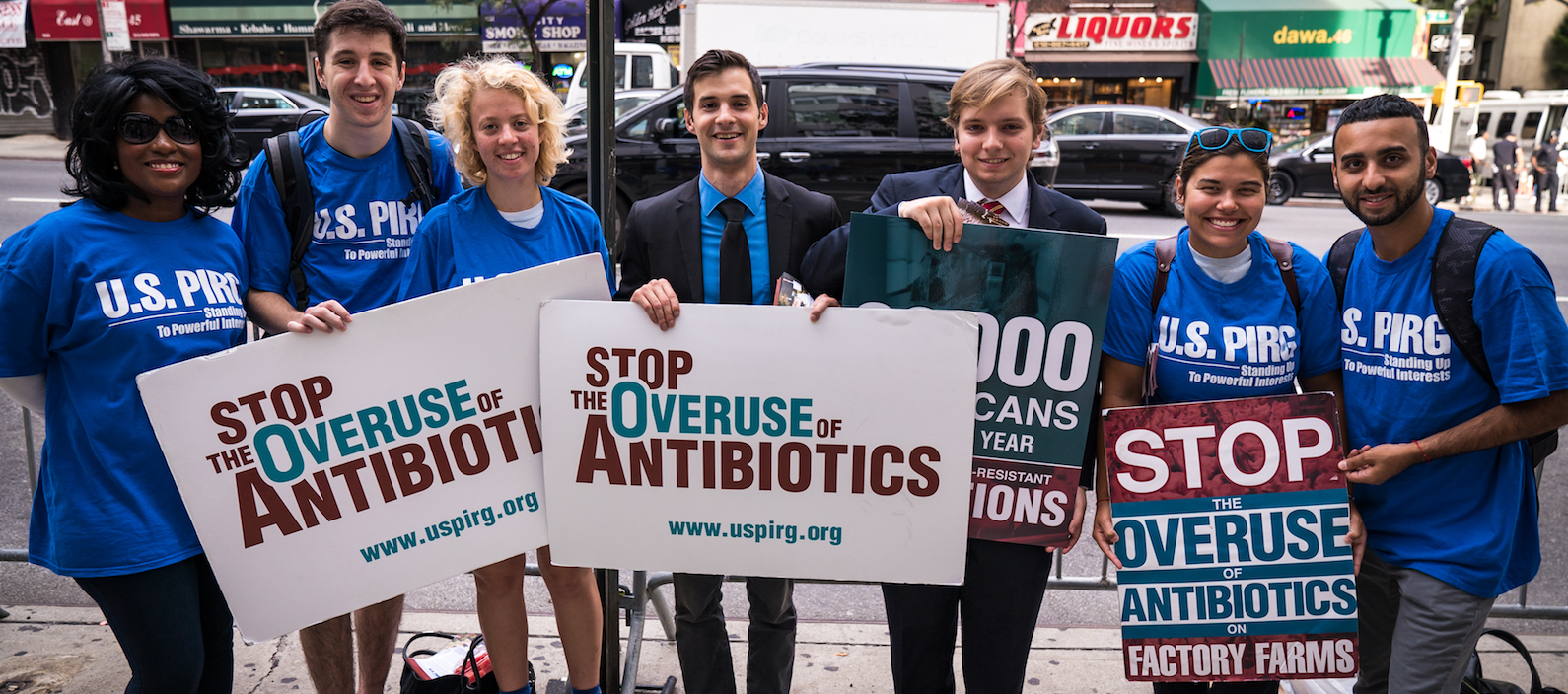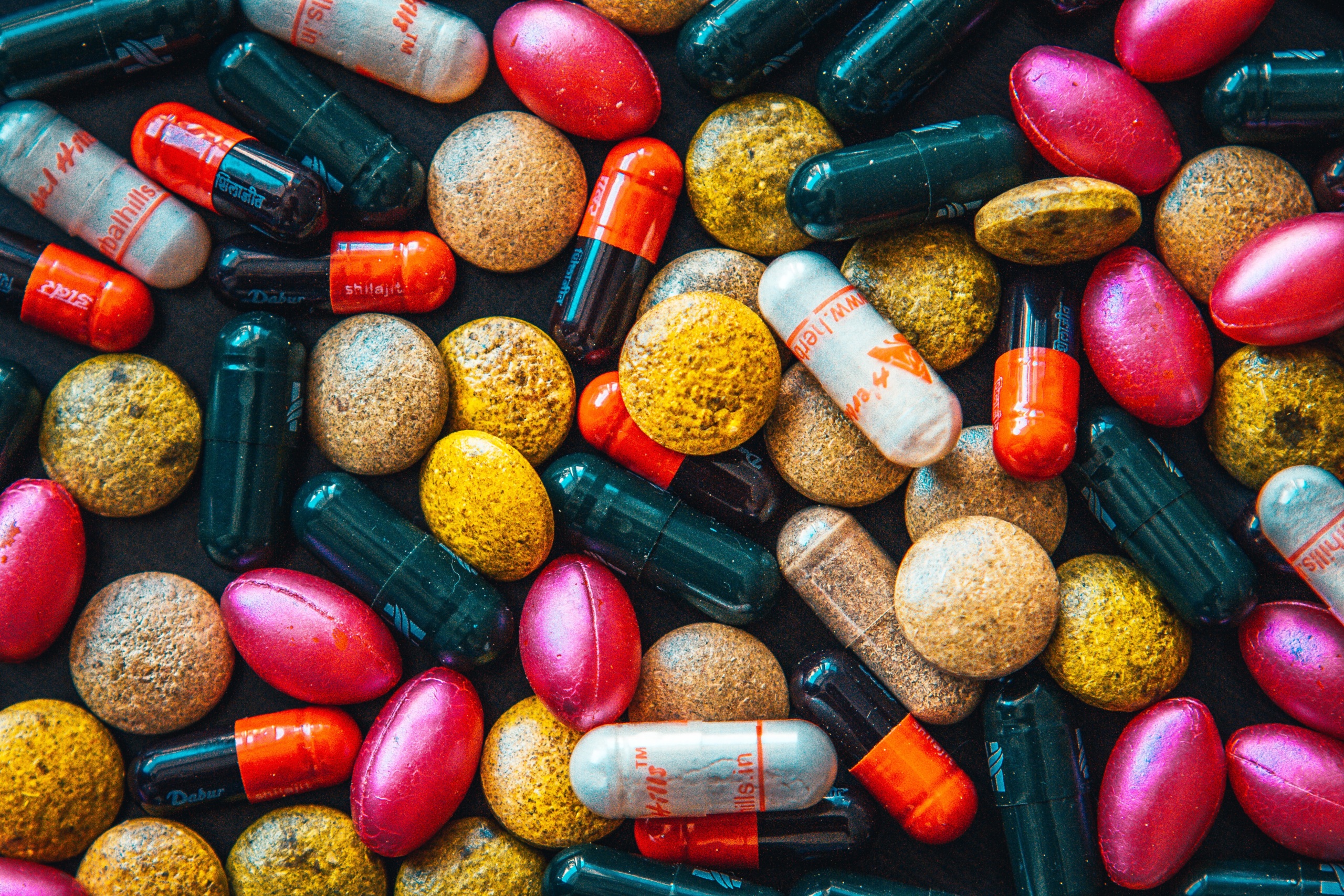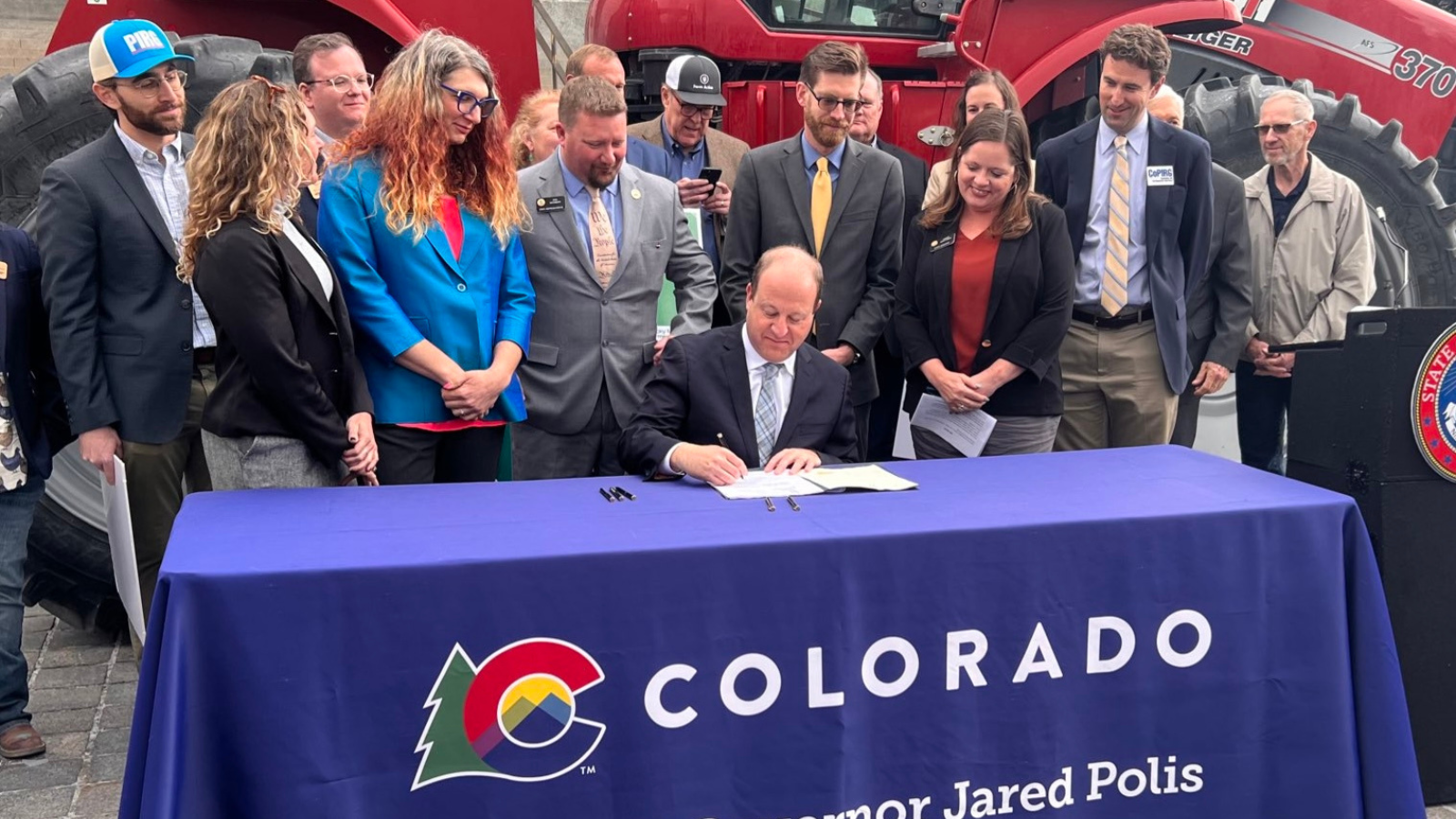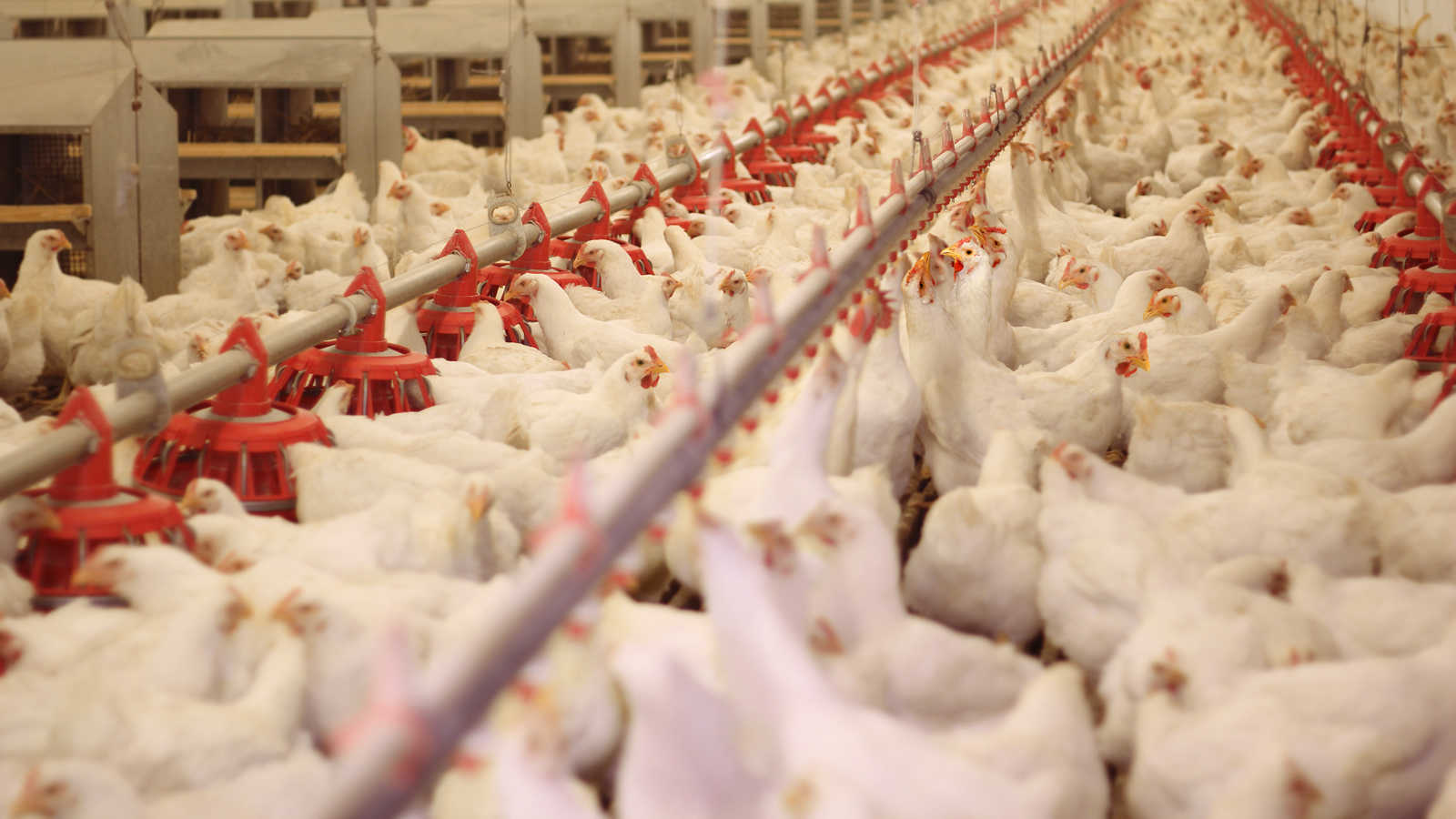
To Reduce the Overuse of Antibiotics in Agriculture, PIRG Turns to the “Laboratories of Democracy”
For a few years now, U.S. PIRG and the state PIRGs have been working to stop the overuse of antibiotics on factory farms.

We’ve built a coalition of more than 40,000 doctors and members of the medical community, enlisted the support of farmers who raise their livestock without misusing antibiotics, and collected hundreds of thousands of petitions from citizens and families — and we’ve celebrated some significant victories along the way.
Together with our citizen members, we’ve successfully convinced some of the biggest purchasers from factory farms, including McDonald’s, Subway and KFC, to stop serving meats raised on routine antibiotics.
This is certainly progress worth celebrating, but with thousands of Americans dying, and millions more getting sick from antibiotic-resistant infections every year, we need to be attacking this problem from multiple angles. And since large farming operations and the drug industry have so far blocked efforts in Congress to federally regulate antibiotics on factory farms, we’ve turned to the “laboratories of democracy.”
By working with state legislators to pass bills regulating or banning the use of human antibiotics on factory farms in their states, we can more quickly shift away from the food industry practices that led us to our current predicament.
Our first state-level victory came in late 2015 when, partly in response to CALPIRG’s urging, California became the first state to ban livestock producers from using certain antibiotics for routine disease prevention and growth promotion.
This May, in another huge win for public health, Maryland took an important step forward to become the second state to ban the routine use of antibiotics on factory farms.
The Keep Antibiotics Effective Act (SB422/HB602), which went into law without a signature from Gov. Larry Hogan, will prohibit the routine use of antibiotics on animals that are not sick, a practice public health experts say can fuel the spread of drug-resistant bacteria.
The Maryland Campaign to Keep Antibiotics Working, a coalition of advocacy organizations, public health professionals, farmers and business owners — including our state affiliate Maryland PIRG — call it a major win for public health.
“Maryland’s action to protect antibiotics sets the example for other states to follow,” said Emily Scarr, director of Maryland PIRG. “We hope more states, retailers and producers will now become inspired to protect public health by taking action to restrict use of antibiotics on farms.”
Public health experts including the American Academy of Pediatrics and the Centers for Disease Control and Prevention warn that if we don’t stop the overuse of antibiotics in both healthcare and agriculture the drugs may stop working altogether.
Approximately 70 percent of antibiotics distributed in the U.S. are sold for use on food animals. In many cases, the drugs are given to otherwise healthy animals on a routine basis to prevent disease brought on by crowded, unsanitary conditions.
The Keep Antibiotics Effective Act will do away with some of the worst misuse of these precious medicines and limit antibiotic use to treat sick animals or to control a verified disease outbreak.
The laws in Maryland and California go much further than federal Food and Drug Administration (FDA) guidelines, which seek to prohibit the use of antibiotics for growth promotion in animals but do nothing to stop the routine use of antibiotics for disease prevention purposes.
“Maryland lawmakers looked at the FDA guidelines and said ‘we need to do better’,” said Matthew Wellington, program director for U.S. PIRG’s antibiotics program. “If we’re going to keep antibiotics effective and protect public health, more states should take action where the FDA has fallen short, and ultimately we’ll need the FDA to catch up.”
This new law is a major win for protecting the efficacy of antibiotics in Maryland and across the country. But we can’t stop here. Our national network is urging at least 10 other states to follow the lead of California and Maryland and eliminate routine antibiotic use on farm animals.
Reforming food industry practices on this scale requires a multipronged approach and a sustained effort. Fortunately, together with our allies, we’re making progress on many fronts. Our future may depend on it.
Topics
Find Out More


One step forward, two steps back on overuse of antibiotics in meat production

Colorado farmers win the Right to Repair their tractors

